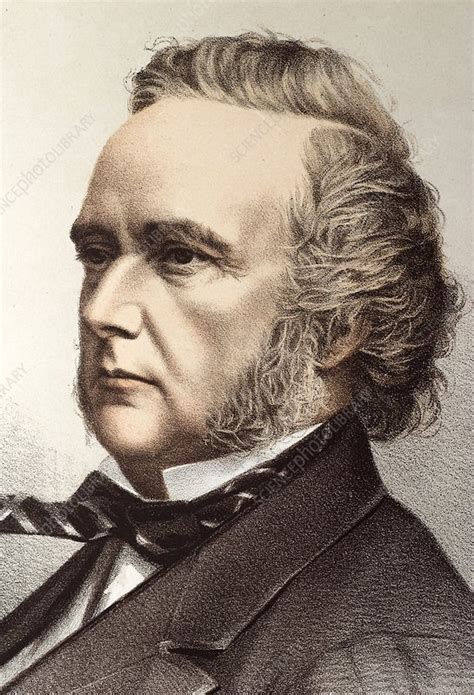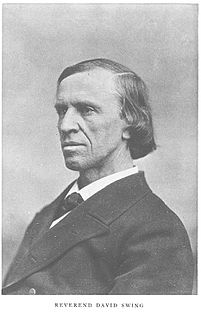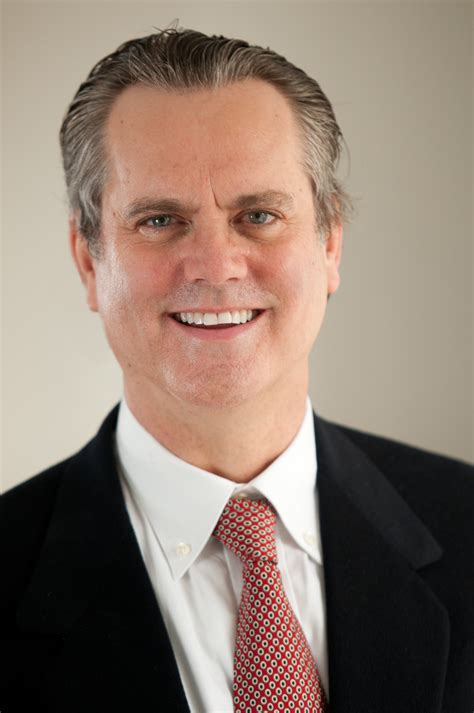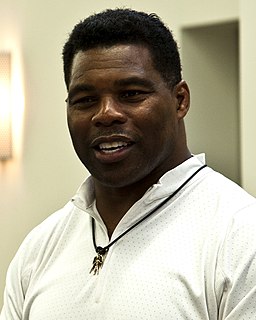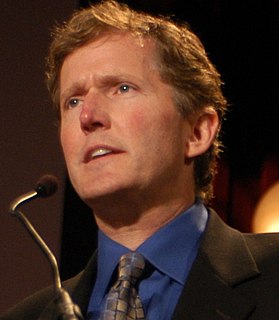A Quote by Murray Rothbard
I think one of the most important directions to be pursued in the 'sciences of human action' is to develop a natural-law ethics based on nature rather than, or at least to supplement, ethics based on theological revelation.
Related Quotes
As to ethics, unfortunately, we are still at sea. We never did have any popular base for what little ethics we knew, except the religious theories, and now that our faith is shaken in those theories we cannot account for ethics at all. It is no wonder we behave badly, we are literally ignorant of the laws of ethics, which is the simplest of sciences, the most necessary, the most continuously needed. The childish misconduct of our 'revolted youth' is quite equaled by that of older people, and neither young nor old seem to have any understanding of the reasons why conduct is 'good' or 'bad.
A minimal level of sportsman ethics afield is mandated by written law. Beyond that, say, when an action is legal but ethically questionable, or when (as Aldo Leopold long ago pointed out) no one is watching, hunter ethics is an individual responsibility. As the existentialists would have it, we determine our own honor minute by minute, action by action, one decision at a time.
...[sacred] doctrine is especially based upon arguments from authority, inasmuch as its principles are obtained by revelation: thus we ought to believe on the authority of those to whom the revelation has been made. Nor does this take away from the dignity of this doctrine, for although the argument from authority based on human reason is the weakest, yet the argument from authority based on divine revelation is the strongest.
The modern Gamaliel should teach ethics. Ethics is the science of human duty. Arithmetic tells man how to count his money; ethics how he should acquire it, whether by honesty or fraud. Geography is a map of the world; ethics is a beautiful map of duty. This ethics is not Christianity, it is not even religion; but it is the sister of religion, because the path of duty is in full harmony, as to quality and direction, with the path of God.
The very essence of political philosophy is the carving out of an ethical system - strictly, a subset of ethics dealing with political ethics. Ethics is the one rational discipline that demands the establishment of a rational set of value judgments; political ethics is that subset applying to matters of State.

